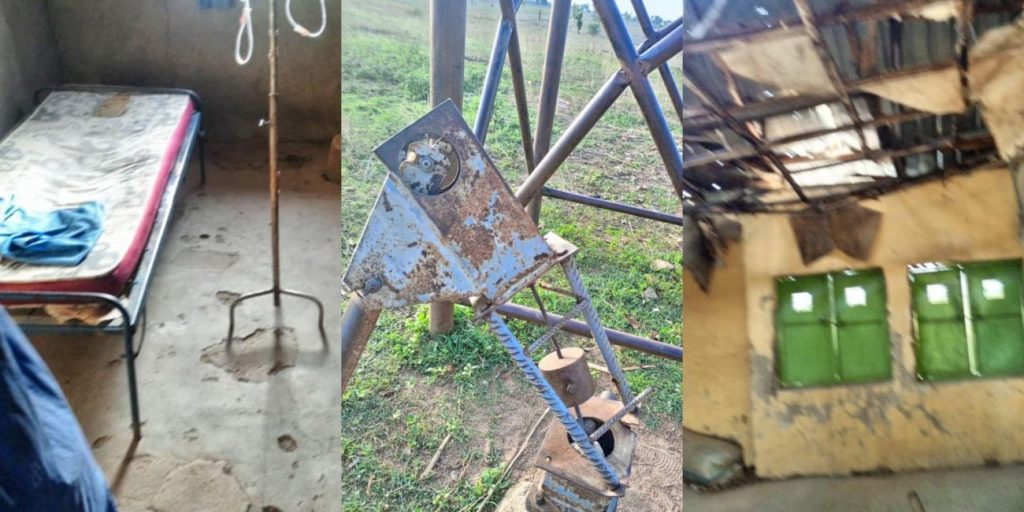The small mining community of Dalita Maje in Dobi Ward, Gwagwalada, situated on the outskirts of Nigeria’s capital, Abuja, is grappling with severe environmental and public health challenges.
The activities of local mining companies have led to significant water pollution, further exacerbating the hardships faced by residents who already contend with crumbling health and educational infrastructure.
For years, the residents of Dalita Maje and surrounding communities in Dobi Ward have depended on a local river to meet their daily water needs.
However, this crucial water source has been contaminated by mining operations, rendering it unsafe for drinking, cooking, and bathing.
The pollution crisis has stirred deep concerns among the community members, who now face a daily struggle for clean water.
The deplorable state of Dalita Maje’s infrastructure extends beyond environmental issues.
PLATFORM TIMES gathered that local educational facilities are in a dire condition, reflecting a broader problem affecting many schools in the region.
At the LEA Primary School in Dalita Maje, students endure harsh learning conditions, often sitting on bare floors or leaning under trees due to a lack of basic furniture.
This has led to a significant dropout rate among pupils.
“Many students have stopped attending the school because they sit on the floor and are always drenched in the classroom whenever it rains,” said the community member.
“We want the government to help us because many of the pupils are now dropouts.”
The local health clinic, intended to serve over 5,000 residents, is equally in shambles.
With crumbling walls, a leaking roof, and a severe shortage of medical supplies, the facility is ill-equipped to handle the community’s medical needs.
The clinic is currently managed by a resident, as there are no doctors or nurses available to provide professional care.
“The state of the hospital is bad; we don’t even have a nurse or doctor, and an individual is managing the clinic,” lamented the community member.
“The influx of patients due to waterborne diseases is overwhelming, and we urgently need government intervention and support.”
The water pollution, believed to be caused by toxic chemicals released from nearby mining activities, has also contaminated the community’s boreholes, which were once a reliable source of clean water.
The deteriorating water quality poses a significant health risk to the residents, who have no alternative but to use the polluted water for all their daily needs.
“The water situation is terrible,” said another resident of Dalita Maje. “The color is bad, and it doesn’t taste right. But we have no choice; we use it for everything – cooking, drinking, washing.”
Ilevbaoje Uadamen, Founder of Monitng, has condemned the pitiful state of the community and called on the government to enforce stricter regulations on mining operations.
He emphasized the need for accountability and the enforcement of international standards to prevent further environmental damage.
“These are parts of the challenges that most rural communities face because most traditional rulers tend to benefit from things like this while the communities suffer,” Uadamen stated.
“The government should pay more attention to the plights of the people and provide standard schools and upgrade the health facility in the community.
We also want the government to check the activities of these miners and ensure they don’t pollute the community.”
Do you want to share a story with us? Do you want to advertise with us? Do you need publicity for a product, service, or event? Contact us on WhatsApp +2348183319097 Email: platformtimes@gmail.com
We are committed to impactful investigative journalism for human interest and social justice. Your donation will help us tell more stories. Kindly donate any amount HERE




